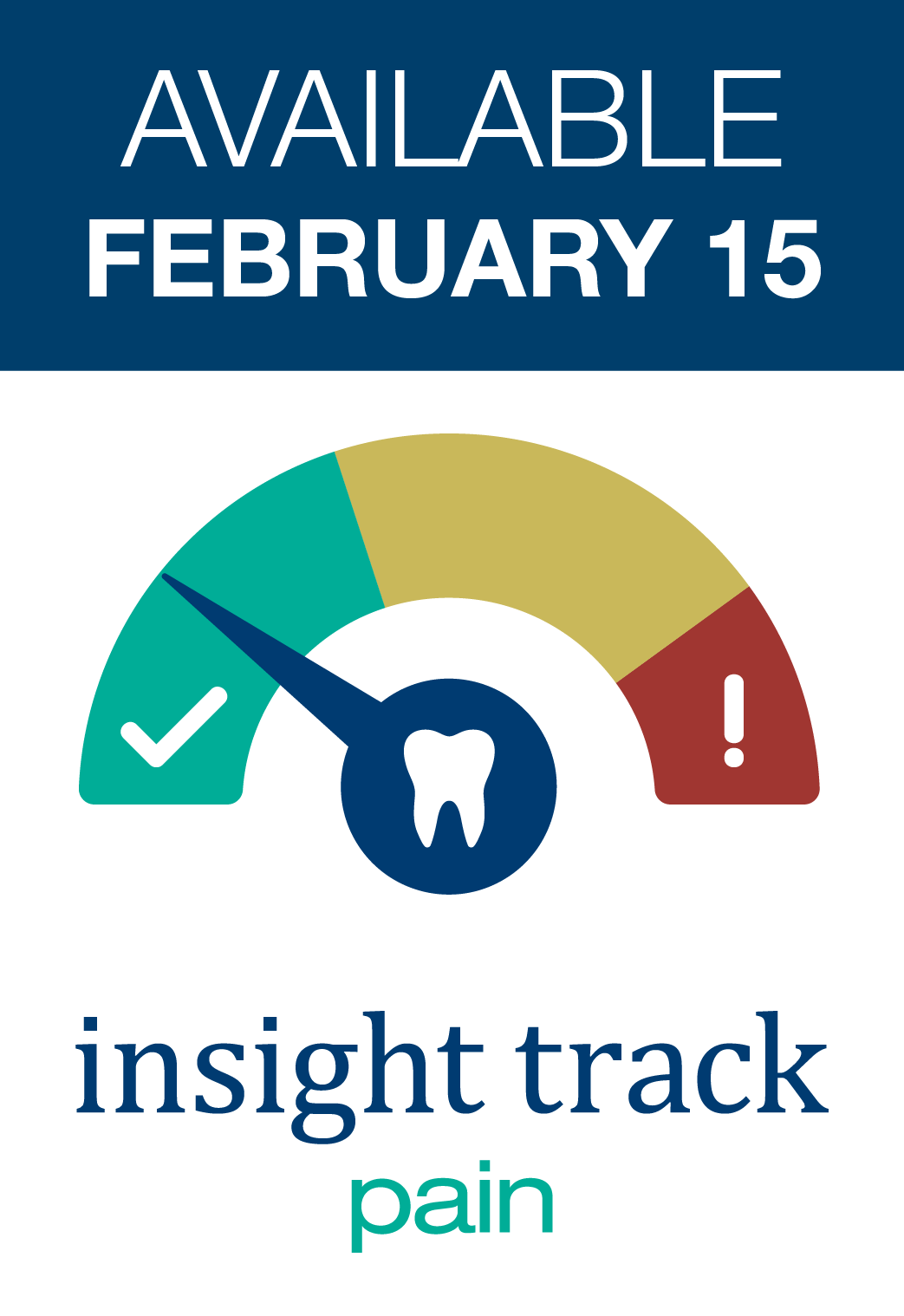
The Law: Critical Considerations for the Clinician and the Trauma Patient
CE: 0.75
Description: Trauma patients present a number of unique legal issues for the modern dental practitioner as compared with regularly scheduled patients. At the same time, fundamental legal principles apply to all patients regardless of the origin or nature of the dental condition presented. Therefore, the prudent dental provider should have a working knowledge of current dental law and the special issues presented in cases of trauma. This presentation will be taken from a clinician’s perspective and will review issues concerning the standard of care, exceptions to that standard, record keeping requirements, communication and confidentiality of patient information, the doctrines of informed consent and informed refusal, referral duties, abuse reporting duties, and obligations regarding iatrogenic trauma patients while providing examples of case management and documentation. In the United States, many aspects of dental law can vary from state to state. Therefore, this presentation will offer general principles and will endeavor to point out areas where the practitioner would be well advised to consult his / her local resources, such as dental societies, professional liability carriers, state licensing agencies, or attorneys with expertise in dental law in any particular state. Rigorous attention to detailed and accurate records remains the best method for avoiding claims of substandard care. Quality evidence gathering, and maintenance are essential and should include use of both radiographic and photographic imaging. Maintaining records and graphic evidence require staff whose training is routinely evaluated and updated for quality, accuracy, and compliance with office policy. Record keeping should be uniform for staff and dentists and should always be reviewed by dentists when entered by staff. The differential diagnostic process should be well documented, unless there is a significant urgency of treatment, and then the nature and environment of the trauma must be well documented. Once treatment plans are designed and discussed with the patient, parent, or guardian, informed consent and/or refusal should be documented. Staying current with the legal requirements for trauma patients will allow today’s dental practitioner to enjoy the rewards of helping such patients and still avoid the risks of a claim of substandard care.
At the conclusion, participants should be able to:
- Describe the fundamental legal principles that apply to all patients regardless of the origin or nature of the dental condition.
- Differentiate the basic steps of documentation to be taken in cases of dental trauma, in order to save teeth and avoid legal consequences.
- Assess and promptly refer dental trauma and oral-facial emergencies, which are beyond the scope of management in your dental practice.
Key:

Alan H. Gluskin, D.D.S.
Alan H. Gluskin DDS is currently Professor, Department of Endodontics, Arthur A. Dugoni School of Dentistry, University of the Pacific in San Francisco, California. He served as Chairperson of the Endodontic Department for over thirty years. He is at present a Fellow of the International College of Dentists and the American College of Dentists. Dr. Gluskin has served on numerous AAE committees including the Educational Affairs Committee and the Research and Scientific Affairs Committee, as well being General Chair for both AAE10 and AAE18. Dr. Gluskin has just completed his tenure on the Executive Board of Directors of the American Association of Endodontists as Immediate Past President of the AAE. He additionally functions on the editorial boards of the Journal of Endodontics and the International Journal of
Endodontics. Dr. Gluskin is the 2017 recipient of the University of the Pacific’s Eberhardt Teacher-Scholar Award. He is co-editor of the textbooks Decision Making in Dental Treatment Planning and Practical Lessons in Endodontic Treatment.
Speaker Disclosure
I declare that I have no proprietary, financial, or other personal interest of any nature or kind in any product, service, course, and/or company, or in any firm beneficially associated therewith, that will be discussed or considered during the proposed presentation.
Alan H. Gluskin, D.D.S.
I declare that I have no proprietary, financial, or other personal interest of any nature or kind in any product, service, course, and/or company, or in any firm beneficially associated therewith, that will be discussed or considered during the proposed presentation.


